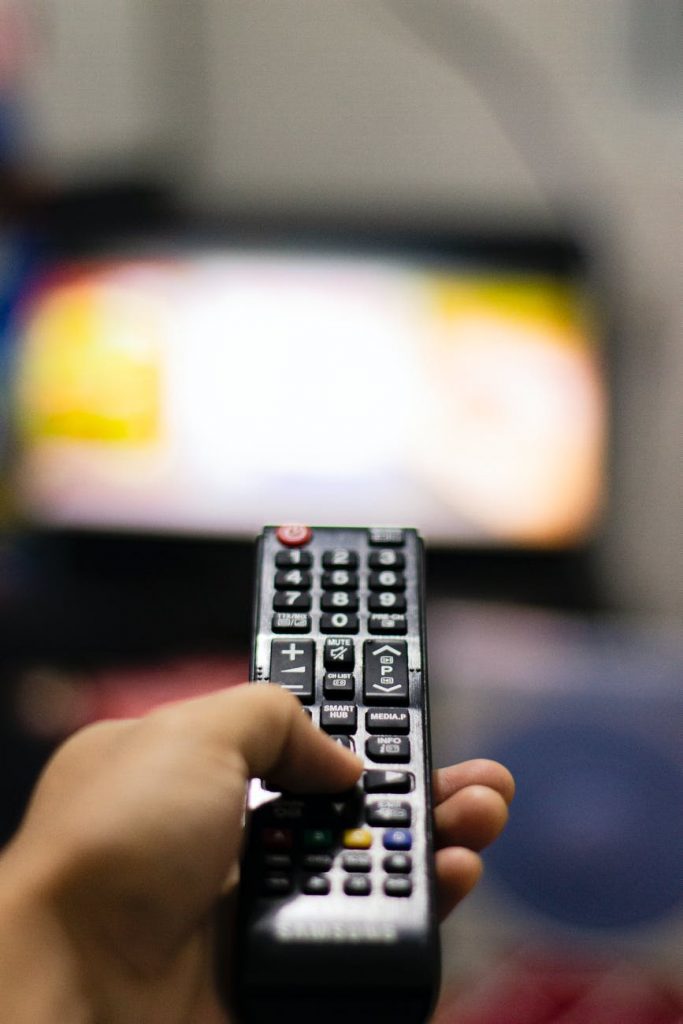The latest code is further evidence of our determination to continue to ensure that standards are rising and are as high as they can possibly be.
SAFER GAMBLING – RESPONSIBLE ADVERTISING AND MARKETING
Adopting a socially responsible approach to advertising and marketing is core to our work. Over the past twelve months we have introduced a number of measures to supplement the requirements of the advertising codes developed by the Committees of Advertising Practice (CAP) and regulated by the Advertising Standards Authority. We are proud to go one step further to ensure that betting and gaming advertising, sponsorship, marketing and promotional campaigns are run to the highest standards of probity.
BGC Support the Football Community
Betting and Gaming Council members are proud to support the beautiful game, with safer gambling and support for communities at the heart of our approach. And thanks to our members’ investment in football - from the grass roots to the top flight - millions more are able to watch and enjoy the game.
RESPONSIBLE ADVERTISING ACTIONS
MORE SAFER GAMBLING MESSAGES
Betting operators have agreed to boost the number of safer gambling messages following the pandemic.
In a further sign of the industry’s commitment to raising standards, at least 20 per cent of their TV and radio ads will promote responsible gambling.
The pledge came after they voluntary agreed to axe all TV and radio gaming product ads for the first six weeks of the UK-wide lockdown.
That came amid concerns that lockdown could lead to a rise in problem gambling online – a scenario which has not been borne out by subsequent studies.
BGC members will also continue to abide by the stringent measures which are already put in place by advertising standards watchdogs.

FRESH CRACKDOWN ON UNDER-18’S VIEWING BETTING ADS ONLINE
A fresh crackdown has been launched to further prevent under-18s from viewing betting ads online.
The updated Industry Code for Socially Responsible Advertising means that Betting and Gaming Council members must ensure that all social media ads must be targeted at consumers aged 25 and over unless the website proves they can be precisely targeted at over-18s.
Betting adverts appearing on search engines must make clear that they are for over-18s, while the ads themselves must include safer gambling messages.
YouTube users will only see betting ads if they are logged in to an age- verified account, and BGC members will also have to post frequent responsible gambling messages on their Twitter accounts.
TOUGH NEW RULES ON VIP PROMOTIONS
Tough new rules have been put in place to address concerns over the use of VIP schemes by betting operators., The Betting and Gaming Council drew up a strict new code of conduct tightening the rules on how the schemes are operated, working with the Gambling Commission.
Under the changes, customers must be subjected to rigorous checks before being signed up for the schemes, while their betting behaviour must be closely monitored on an ongoing basis. The programmes must also be overseen by senior managers and run in a fully transparent way.
Access to the schemes by under-25s will be restricted, and operators are banned from incentivising customers based on losses.
WHISTLE TO WHISTLE BAN A HUGE SUCCESS
A ban on TV betting ads during live sports programmes has been hailed a huge success after the number of children viewing them plummeted.
Under the ‘whistle to whistle’ ban, ads cannot be shown from five minutes before a live sporting event until five minutes after it ends, before the 9pm watershed.
Research by Enders Analysis found that in its first 12 months in operation, the ban has led to a 97 per cent reduction in the number of TV betting adverts seen by children during that period.
Overall, the amount of gambling adverts viewed by youngsters also fell by 70 per cent over the full duration of live sports programmes, while the ban also contributed to a reduction of 1.7 billion views of betting ads during its first five months in operation.
